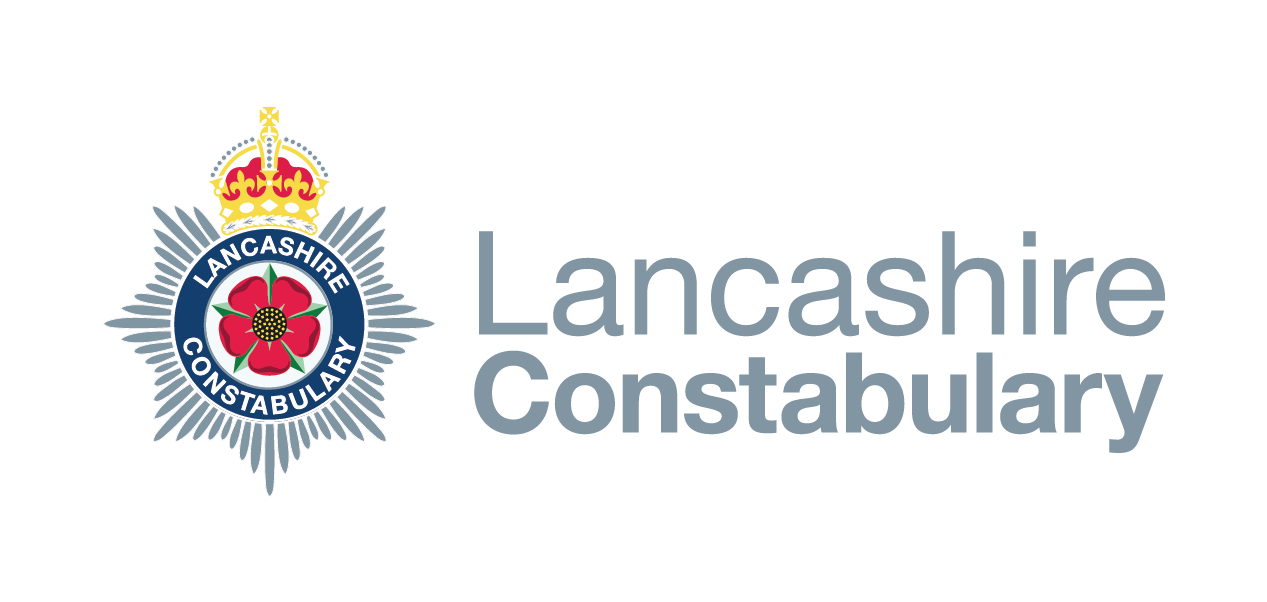I have found that someone has dumped a load of rubbish on my land, what can I do about it?
Fly-tipping is the illegal deposit of waste on land not permitted to receive it. Fly-tipping can be liquid or solid in nature. Fly-tipping differs from littering in that it invariably involves the removal of waste from premises where it was produced with the deliberate aim of disposing of it unlawfully, or as a result of legitimate outlets not being available.
Both the Environment Agency and local authorities have powers to tackle fly-tipping. The Environment Agency investigates larger scale fly-tipping incidents involving more than a lorry/tipper load of waste, hazardous waste and/or fly-tipping by organised gangs of waste criminals. These incidents have the potential to damage human health and the environment. Local authorities are responsible for investigating and clearing up the smaller scale fly-tipping on public land.
On private land the responsibility for clearance of fly-tipped waste rests with the landowner. Local authorities may serve notice requiring occupiers or landowners to remove fly-tipped waste. However, depending on the circumstances, local authorities will often provide landowners with advice and guidance on measures which can be taken to prevent further unauthorised waste deposits.
You can contact your local council through their website:
- Blackburn with Darwen Unitary Authority
- Blackpool Unitary Authority
- Burnley Borough Council
- Chorley Borough Council
- Fylde Borough Council
- Hyndburn Borough Council
- Lancaster City Council
- Pendle Borough Council
- Preston City Council
- Ribble Valley Borough Council
- Rossendale Borough Council
- South Ribble Borough Council
- West Lancashire Borough Council
- Wyre Borough Council
You can report major incidents of the dumping of waste to the Environment Agency incident hotline, e.g. lorries dumping waste.
Environment Agency incident hotline Tel: 0800 80 70 60 24-hour service.

